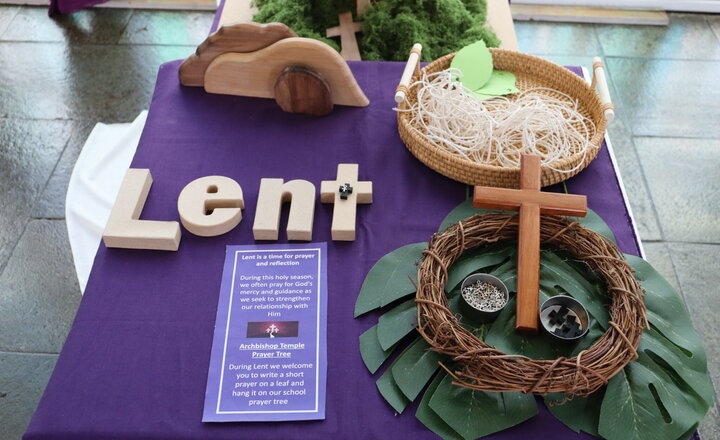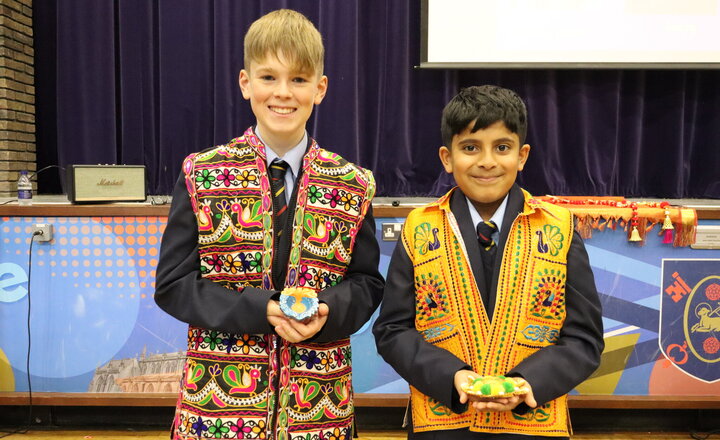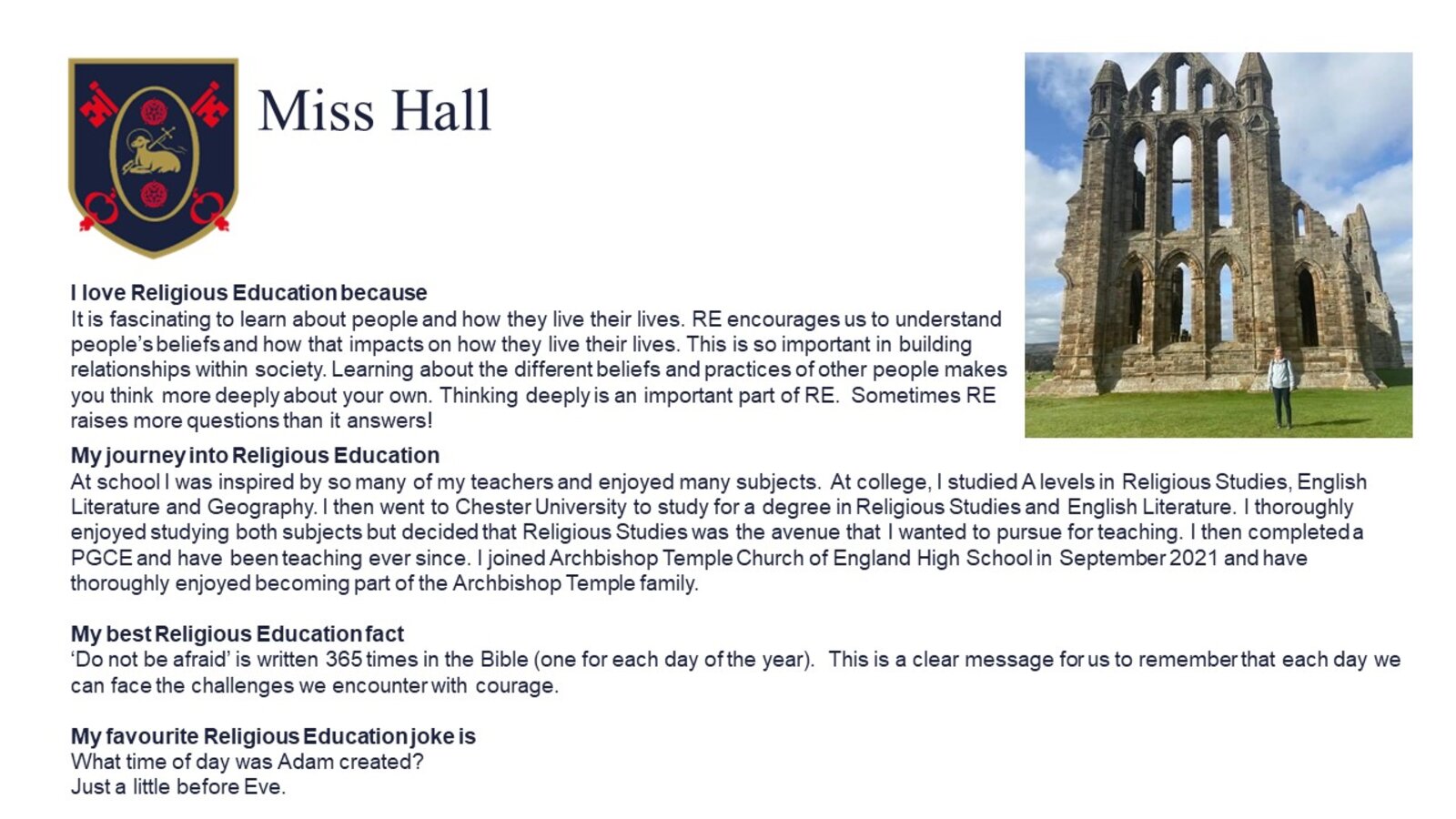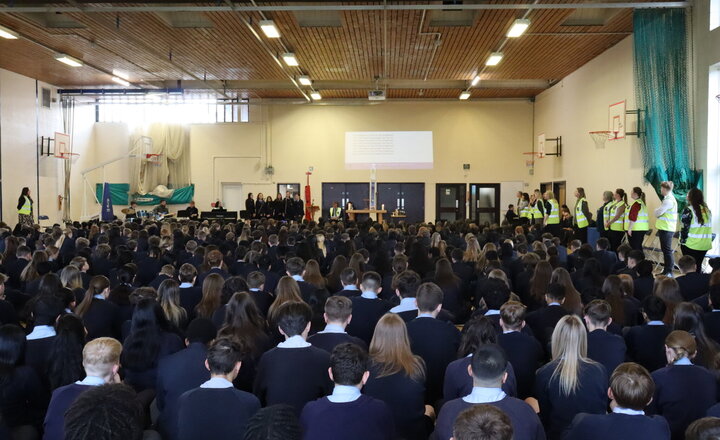Subject: Religious Education (RE)
CURRICULUM INTENT
The Religious Education curriculum at Archbishop Temple aims to equip pupils with the skills and knowledge needed for them to gain greater wisdom and insight into the world in which they live in order for them to flourish and let their light shine. The curriculum aims to develop our pupils into religiously literate young adults with a wealth of knowledge, understanding and appreciation of the six main world religions, with a focus on Christianity, as well as an opportunity to develop and question their own faith, whatever this may be. Fundamental to this is the knowledge of core scripture and practices and the understanding of the variety of ways in which these have been interpreted by followers and the impact on the lives of individuals and on the world.
A deep and rich learning curriculum is characterised by the retention, interleaving, spacing and retrieval of knowledge and skills. Through the Religious Education curriculum, this is achieved by regularly revisiting key concepts and building on them. By regular, low-stakes testing pupils are encouraged to retrieve their prior learning in order for it to become deep-seated and build their confidence.
We aim to equip pupils with the skills to evaluate religious and ethical issues in depth. We provide space and learning opportunities for pupils to address some of life’s big questions. We enthuse pupils to deepen their own understanding of God and the impact of religion upon the lives of today’s global citizens. Learning in the classroom encourages pupils to be enquiring, respectful and tolerant. It is our aim that our pupils will have a greater understanding of the beliefs and views of others, which will not only promote religious tolerance and harmony within society, but also help them to gain a greater understanding and insight into their own beliefs.
In order to compliment the classroom learning, we aim to provide a range of enrichment activities which are accessible to all pupils. These include guest speakers, topical extra-curricular sessions, opportunities for pupils to share their faith story with others such as through podcasting or visits to local primary schools, and extended learning opportunities.
‘How much better to get wisdom than gold, to get insight rather than silver!’ (Proverbs 16:16)
Loving God,
Guide us to greater wisdom through our learning in RE. Enable us to develop a greater appreciation of our own faith, and a better understanding of the faith of others. Give us courage to put our faith into action.
Amen.
IMPLEMENTATION
Programmes of Study
Key Stage 3, learning is based upon units of study from the Blackburn Diocese Illuminating Pathways and national Church of England Understanding Christianity syllabi. All pupils follow full course GCSE (AQA Religious Studies Specification A: Christianity, Islam and Themes).
Year 7
Pupils consider the following questions: What does it mean to be a person of faith? Where in the world is Christianity? Did Jesus really rise from the dead? Where do people go to find affirmation of faith? What happens when faith and courage collide?
Year 8
Pupils consider the following questions: How does society and the media portray Islam? Is it fair? Do sacred texts enable us to respond in times of crisis? Is death the end? Where is God? What is God?
Year 9
Pupils consider the following questions: What does it mean to be called? Is faith hidden? What does it mean to be a good steward? Can conflict ever be justified? What is the impact of difference and diversity on faith communities? Why should we commemorate the Holocaust?
Year 10
Pupils study the Christianity and Islam paper of the GCSE course. For both religions the Beliefs and Practices are studied.
Year 11
Pupils complete the study for the Themes paper by considering: Relationships and Families; Religion and Life; Religion, Peace and Conflict and Religion; Crime and Punishment. Throughout the themes, there is a focus on Christianity with Islam being included occasionally as an opportunity for comparison.
IMPACT
Marking and Assessment
Pupils will receive regular age and stage appropriate assessments. Verbal feedback is regular and key assessments receive more detailed written and verbal feedback. The purpose of assessment is to inform pupils, parents and teachers of the progress and security of learning, to encourage pupils to improve their work and to enable them to do so.
Examinations
During Key Stage 3, pupils undertake formal examinations as well as key assessments. Key Stage 4 assessments prepares pupils for two GCSE examinations for the award of AQA Religious Studies GCSE grade 9-1.
Paper 1 – Christianity and Islam – 1 hour 45 minutes – 50% of overall grade.
Paper 2 – Themes without textual studies – 1 hour 45 minutes – 50% of overall grade.
Revision Guides / Resources
AQA Revision Guide – Religious Studies A (9-1) Christianity and Islam.
CGP GCSE AQA A Religious Studies for the Grade 9-1 course.
Staff Details
Miss R Hall – Head of Department
Mrs G Fawcett – Second in Department
Mrs L Ogden – Teacher of Religious Education
Miss Shaw – Assistant Headteacher / Teacher of Religious Education
Careers and Progression
Studying Religious Education at GCSE provides an excellent foundation for further academic study in related disciplines such as Philosophy, Theology, Ethics, Law, Nursing, Politics. It can provide invaluable life skills and develop skills in critical thinking and ethics. Its principles are valued in a range of people related professions where ethical and compassionate decision making is required including teaching, nursing, law, medicine and social work/care. Knowledge of other cultures and world religions can be useful in many jobs where you are working with the public or communities. These include counselling and social services, marketing, sales and advertising, catering and hospitality, leisure, sport and tourism, retail sales and customer services, and service sector roles.
Watch this short film to find out how studying Religious Education at GCSE and A Level provides you with important life skills and offers opportunities in further education and a wide variety of careers.
Taking RE Further - Study in Further and Higher Education
RE 5 year Curriculum Plan
Related News

Pupils make a Lenten promise






